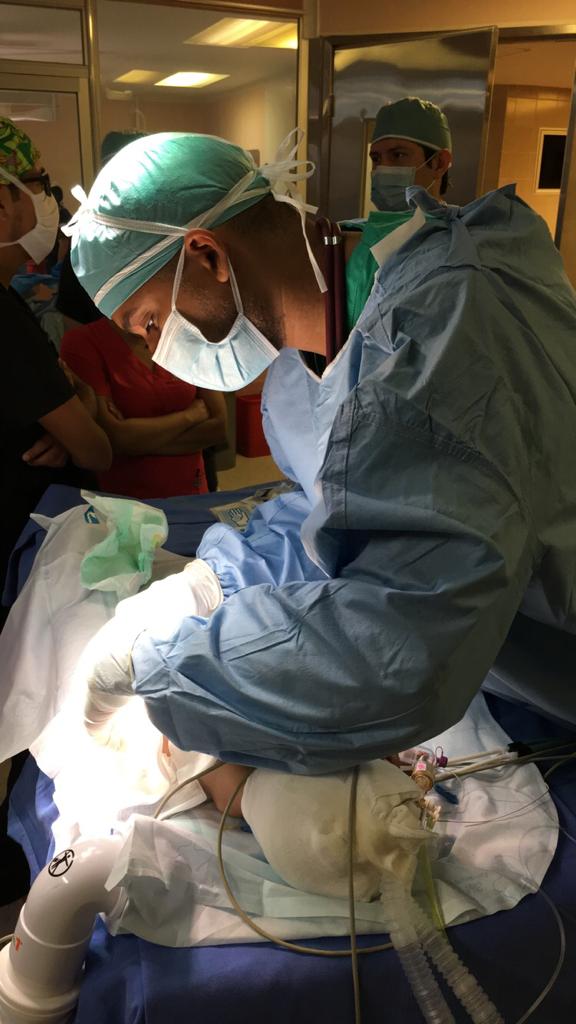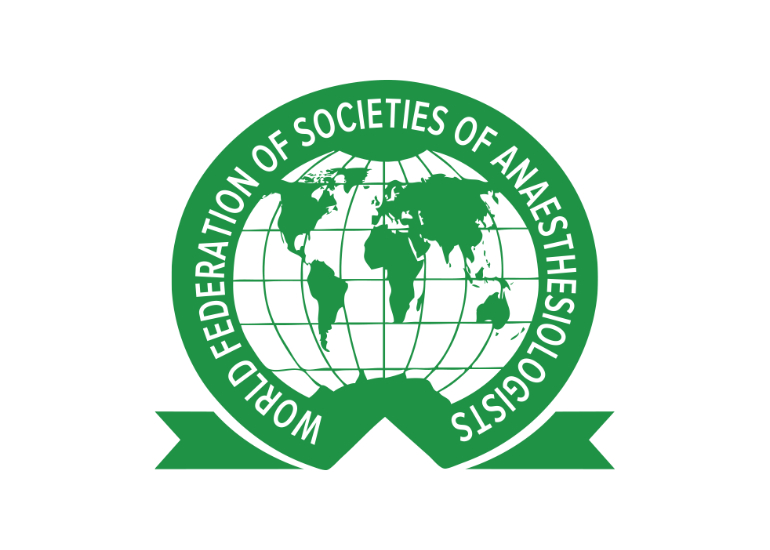From June 2019 to September 2019, Dr Matos from the Dominican Republic undertook the WFSA Paediatric Fellowship at Federico Gomez Children’s Hospital in Mexico. After completing his fellowship, we caught up with Dr Matos regarding his time during his fellowship.
What did you enjoy most about your fellowship?

During my fellowship, I was able to perform a range of paediatric and sub-speciality cases from ophthalmology and otolaryngology to bone marrow aspirates and biopsies. Throughout the duration of my fellowship, I had the opportunity to perform 213 cases, from which I learnt skills such as paediatric fluid management and invasive monitoring for complex cases.
I also garnered a lot of knowledge through the sessions and classes taught at the hospital. I had the opportunity to present twice and partake in discussions of regarding complex cases in paediatrics and their associated anaesthesia management.
How will you implement the skills you learned in your home institution?
I will use my fellowship experience to teach my other fellow anaesthesiologists how to handle a paediatric patient, from paediatric airway management to fluid management and ventilator management that is quite different from that of an adult. I will individualise cases better and apply the knowledge I have learnt to my paediatric patients, emphasising that they are not small adults.
Case Study
| Case Details | Female patient 5 days old, with the diagnosis of Esophageal Atresia type III to perform Esophageal Plasty. Perinatal Background: G1 abdominal product due to premature rupture of the membrane and polyhydramnios at 36 SDG, cried and breathed at birth, required advanced resuscitation manoeuvres due to respiratory distress. Endotracheal intubation for 3 days. Mother with a history of marijuana use during pregnancy. Surgical and Allergic Background: Denied |
| Participation Opportunities | I had the opportunity to perform the anaesthetic management that consisted of a Combined General Anaesthesia: Orotracheal Intubation plus a Flow Block. |
| What did you learn from the case? | The management of the neonate patient is complex. Several parameters must be taken within normality to avoid complications. These are: 1) Permeable airway, with good pre-oxygenation and successful orotracheal intubation. 2) Maintenance of body temperature between 35.5 to 37 degrees through the use of thermal blankets, use of capelin and if necessary cotton to cover extremities as well as warm physiological solution. 3) Basal glycemia above 45mg/dl with an hourly intake of this. 4) Liquid and electrolyte management and good analgesia. In this case, we use the Caudal block with 2% Ropivacaine at a dose of 1.6ml/kg of weight, thus reducing the use of intravenous opioids such as Fentanyl. Use the Massachusetts formula of liquid calculations, procedures performed successfully. |
Further resources
Click here for fellowships currently open for application.
Fund Fellow
To help more anaesthetists like Dr. Matos develop the anaesthesia capacity within their home countries you can Fund a Fellow by making a regular or one-off donation of your chosen amount or leave a gift in memory of a colleague or loved one. There are also opportunities to sponsor the entire duration of a Fellowship. If this is something you are interested in please contact partnerships@wfsahq.org.uk.






